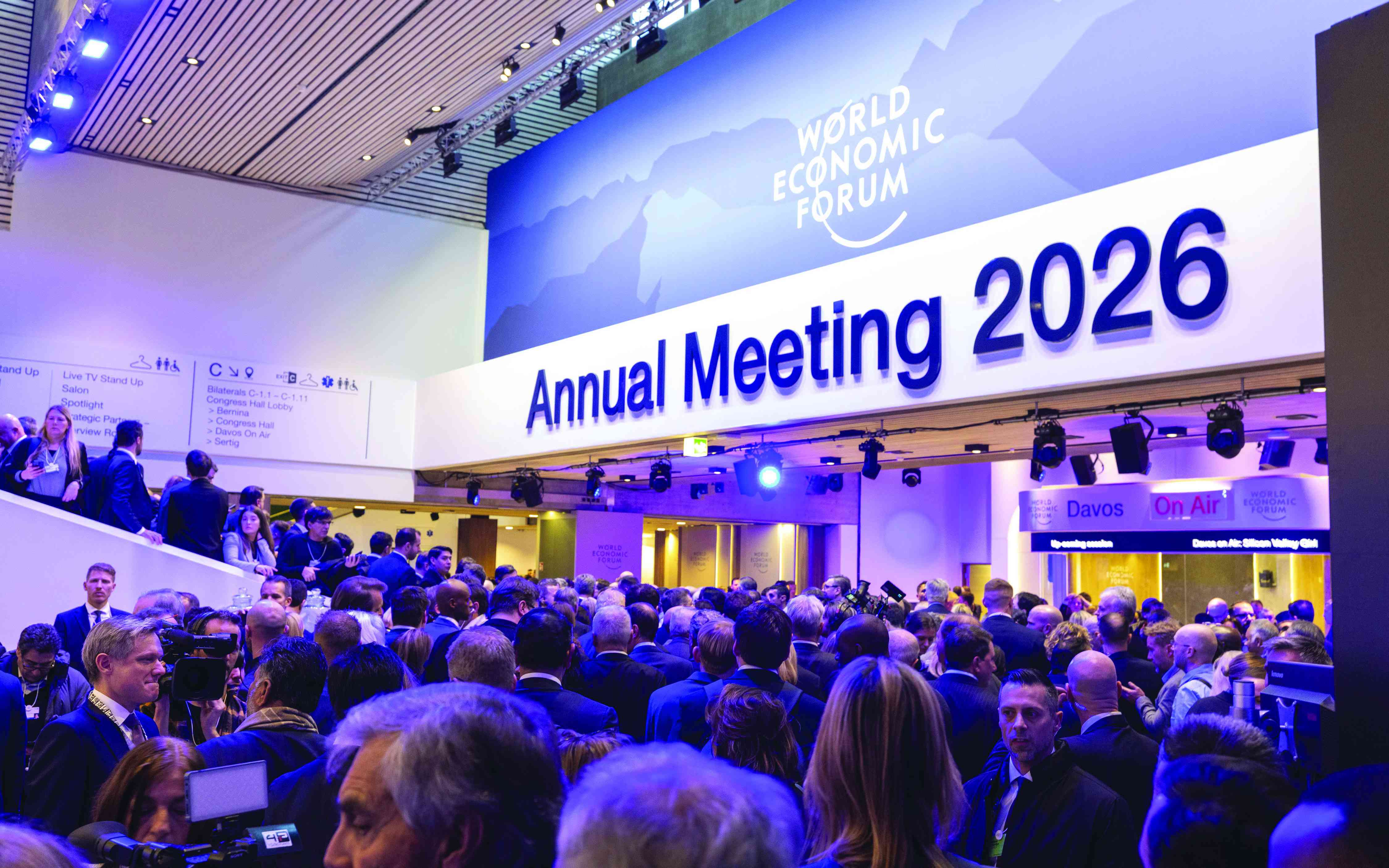
Following the recent signing of a Memorandum of Understanding (MoU) between the National Venture Capital Company of Zimbabwe (NVCCZ) and Midlands State University (MSU) and the high-level Strategic Intelligence Forum 2025, which his organisation co-hosted with the Confederation of Zimbabwe Industries (CZI) on October 10, Tinotenda Kambasha (TK), chief executive officer at (NVCCZ), is bullish on the country’s innovation potential. In this interview with our columnist Antony Jongwe (AJ), he outlines a concerted shift from dialogue to delivery, detailing the concrete mechanisms, policy priorities, and partnerships designed to transform Zimbabwe’s fragmented startup landscape into a cohesive, investment ready ecosystem. Below are excerpts of their discussions:
AJ: Tinotenda, following the momentum from the MSU Research and Innovation Expo and the MoU signing, the NVCCZ and CZI hosted the Strategic Intelligence Forum. What was its single most important outcome?
TK: The forum was a natural progression from our academic partnerships. The most critical outcome was the establishment of a multi-sectoral working group to drive collaboration between government, industry, financiers, and academia. This group will focus on aligning innovation with commercialisation pathways, ensuring ideas from universities can find structured investment and mentorship. The big win was moving from talk to execution. We now have a clear track that takes innovation from research, incubation, bankability, venture financing, and finally to market access.
AJ: Tell us more about the forum
AJ: The forum reaffirmed that we are building a national innovation ecosystem anchored on venture capital and coordinated partnerships.
AJ: The forum’s concept note pointed to decades of ecosystem challenges. Why was October 2025 the right time for this convening?
TK: Zimbabwe’s entrepreneurial ecosystem has long been characterised by fragmentation, but we are now entering a period of strong policy alignment and renewed confidence. Three streams have now aligned. We now have clear policy direction under Vision 2030, a strong innovation pipeline from universities, and a new appetite for equity-based financing over debt. Bringing everyone under one roof allowed us to lock in a shared vision and a common execution agenda for transforming the innovation space.
AJ: A key goal was addressing our fragmented institutional framework. What concrete mechanisms were proposed to ensure better coordination?
- Zim horticulture gets timely boost
- SRC engages marketing experts for Zim sport
- US-Zim engagement at the US-Africa Leaders Summit 2022
- PNL teams clash in pre-season tourney
Keep Reading
TK: We emphasised coordination over competition. The proposed mechanisms include establishing a National Innovation Coordination Framework, anchored by the NVCCZ, the CZI, and the ministry of Finance, Economic Development and Investment Promotion to track start up initiatives and funding flows. We are also developing a National Innovation Investment Portal — a shared digital platform to map projects and connect innovators with investors.
Contributions from regulators were pivotal. The Insurance and Pensions Commission (Ipec) highlighted the potential for pension capital to support venture funding, provided projects demonstrate prudence and national importance. The Securities and Exchange Commission of Zimbabwe outlined regulatory pathways for crowdfunding and SME listings, while the Zimbabwe Investment and Development Agency showcased its e-licencing platform.
Academia reiterated its commitment under Education 5.0, with institutions such as the University of Zimbabwe now covering Intellectual Property registration costs. This builds a connected ecosystem where institutions operate in sync, not in silos.
AJ: With the CZI as co-host, established industry’s role was central. What readiness did you sense from major industrial players?
TK: The response was extremely encouraging. The CZI’s participation demonstrated that established industry is ready to play a proactive, strategic role beyond traditional corporate social responsibility.
Many leaders committed to open innovation models, partnering with start-ups to co-develop solutions for supply chains and digital transformation. This is a clear mindset shift: big companies now see start-ups not as competitors, but as strategic partners for the future. NVCCZ’s role is to de-risk those collaborations and bring structure to co investments.
AJ: In our previous discussion, you outlined several policy needs. Did the forum generate a unified policy proposition to government?
TK: Yes, it produced a clear, prioritised Private Sector Innovation Policy Memorandum. At the top of the list are, first, enhanced Intellectual Property protection to safeguard innovators; rights and strengthen confidence in tech transfer. Second, targeted tax incentives for start-ups and venture capital funds, including prescribed asset status for Venture Capital vehicles and the use of Special Economic Zones incentives for innovation projects.
Third, a dedicated SME and Startup Exchange Board to create formal exit platforms for venture-backed companies (was discussed). These proposals reflect a shared belief that innovation should be a core economic pillar, supported by a regulatory framework that rewards risk-taking.
AJ: The forum is over, but the real work begins. What are the key deliverables for the next 12 to 18 months? Will this be an annual event? Tell us more about your plan.
TK: Our immediate deliverables are tangible. We will launch the National Innovation Investment Portal, activate the NVCCZ-CZI Working Group for regular coordination, and close at least five new venture investments across healthcare, agriculture, manufacturing, and Information Communication Technology, with a deliberate effort to reach beyond Harare.We also plan to host regional mini forums in Bulawayo, Mutare, and Gweru, and advance regulatory work with SecZim and the Ipec on new funding models. Given this year’s success, the forum will become a frequent fixture to measure results and hold all partners accountable.
AJ: Finally, what is your message to the innovators across Zimbabwe who are building businesses but could not attend?
TK: My message is that this Forum was about them. They are no longer building in isolation. NVCCZ exists to ensure their ideas can move from prototype to product, from incubation to investment, and ultimately to scale. We are building a system that gives them access to patient capital, mentorship, and markets, not just applause. Our early investments such as KumbaCare in health-tech and Mobility for Africa show we are funding real solutions that create jobs and impact. Stay consistent, formalise your operations, and reach out. Together, we are building a Zimbabwe where innovation is not just showcased but is commercialised and contributes directly to economic growth.











